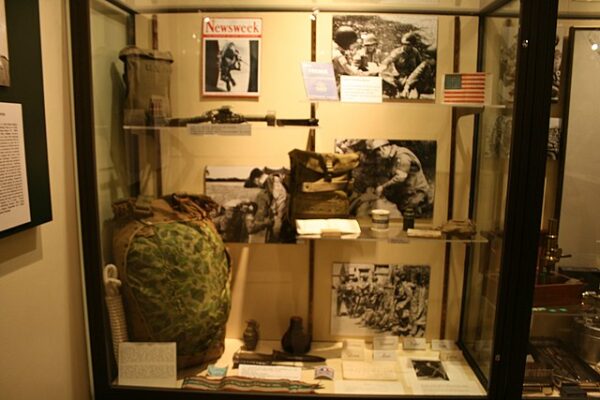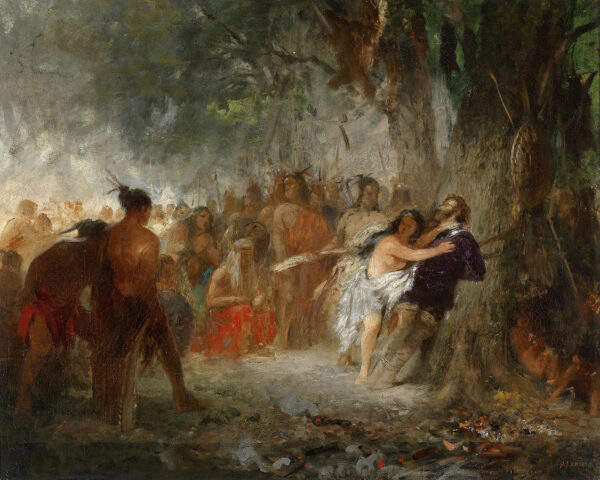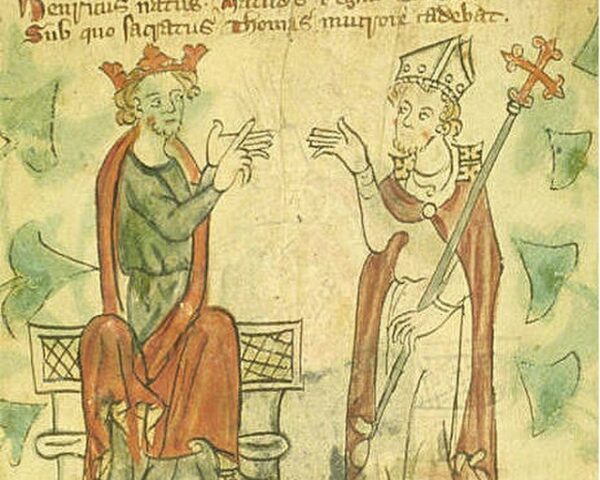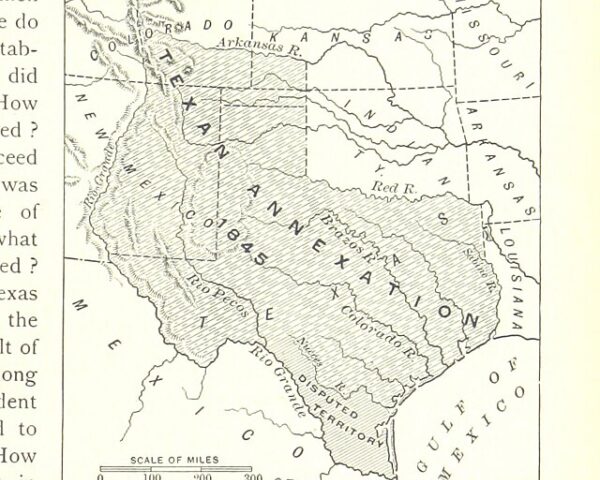On August 25, 1945—just ten days after Japan announced its surrender and brought the Second World War to a close—an American intelligence officer named John Birch was killed in China under circumstances that soon became freighted with political meaning. To his comrades, he was a tough, uncompromising officer who had guided downed pilots to safety and braved Japanese lines. To later generations of conservatives, he was the first victim of the Cold War, cut down not by Japan but by Chinese Communists just as a new global struggle was beginning.
Birch’s life had prepared him for precisely the kind of work he carried out in China. Born in 1918 in India to missionary parents, he grew up in Georgia and returned to Asia as a Baptist missionary in the late 1930s. His command of Mandarin and his fervent faith drew the attention of Claire Chennault’s “Flying Tigers,” the American volunteer air force fighting Japan in China. Recruited in 1942, Birch became an intelligence officer, operating in the shadows—directing Allied flyers to safety, tracking Japanese troop movements, and cultivating a reputation for resourcefulness and severity in equal measure.
By the summer of 1945, Birch had survived years of clandestine warfare. With Japan collapsing, his task shifted to establishing contact with Allied prisoners and coordinating the transition as American and Chinese forces moved into formerly occupied territory. On August 25, outside the city of Xuzhou in northern China, Birch and his small team encountered a band of Communist guerrillas. Accounts differ on what happened next. According to American reports, Birch identified himself as a U.S. officer and attempted to secure passage. The guerrillas, wary of his ties to Chiang Kai-shek’s Nationalists, ordered him to disarm. Birch refused. The standoff ended in violence: he was shot, stripped, and left to die. Villagers later recovered his body.
To U.S. commanders, the killing was both shocking and inconvenient. The war with Japan had just ended, and cooperation between the Communists and Nationalists was still officially in place. General Albert Wedemeyer lodged protests but refrained from making a public incident, fearing that highlighting the murder would destabilize fragile relations with Mao Zedong’s forces at a critical moment. For the press in 1945, the episode barely registered—a brutal but localized tragedy in a China already fracturing back into civil war.
In the years that followed, however, Birch’s death was remembered very differently. As the Chinese civil war reignited and Mao’s armies advanced, conservatives in the United States seized on his killing as evidence that Communist hostility to America was immediate and unrelenting. By the late 1950s, Robert Welch, a fervent anti-Communist businessman, named his organization the John Birch Society in honor of the slain officer. For Welch and his followers, Birch was no obscure casualty of China’s turmoil but the first man sacrificed in a global conflict Washington had failed to recognize in time.
Historians have wrestled with that interpretation ever since. Some argue that Birch’s killing was less a deliberate opening strike in the Cold War than an outgrowth of China’s chaotic landscape in the summer of 1945, where Communist partisans distrusted Nationalist operatives and saw in Birch a dangerous outsider. Others note that the symbolism was impossible to ignore: an American officer, dead at Communist hands within days of victory over Japan, foreshadowed the struggle that would dominate world politics for the next half century.
Birch himself left little record apart from the testimony of those who knew him. His faith and his stubbornness defined him. Admirers praised his courage, while detractors noted that his uncompromising zeal sometimes alienated allies. Yet his fate became larger than the man, folded into the mythology of the Cold War long after his burial.
Seen in retrospect, his death was both personal tragedy and historical marker. It spoke to the volatility of postwar China, where the fragile United Front against Japan collapsed almost overnight, and it provided American anti-Communists with a martyr just as they sought to mobilize the nation against a new adversary. A single shot on a dark night near Xuzhou thus bridged two eras: the global war that had just concluded and the ideological conflict that was only beginning.






